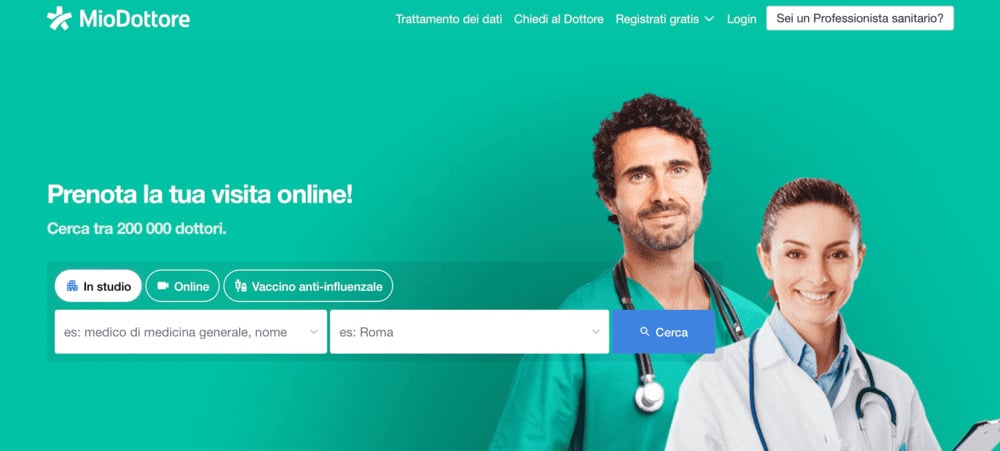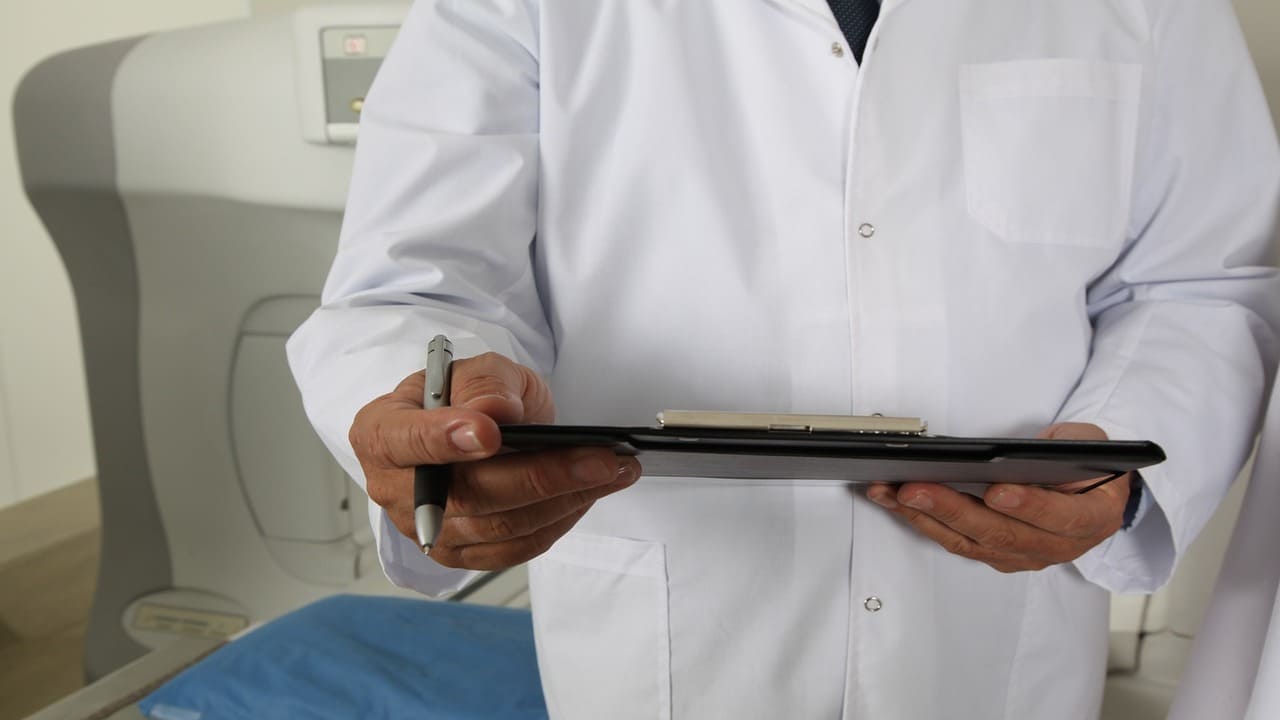Healthcare, as well as many other aspects of daily life, has changed and continues to do so thanks to technology, always keeping up with the times. Because of this, My Doctorthe leading platform in Italy and in the world specialized in online booking of medical appointments and part of the DocPlanner group, has identified the 5 trends that will characterize digital healthcare in 2023.
The 5 trends of Digital Health according to My Doctor
Here are the 5 Digital Health trends, according to what the MioDottore platform says.
Metaverse, when medical care becomes phygital

Even healthcare will not stay out of the revolution Metaverso thanks to which a new frontier opens up, capable of responding to the growing need for personalized and proximity healthcare.
It is created an integrated care path, which combines digital (e-Care) with physical (presence-Care) to offer total patient support. Not only that, the provision of health services in virtual spaces can provide the possibility of accessing services provided by facilities physically distant from the patient, breaking down territorial barriers and opening up new possibilities for treatment.
To date, a first all-Italian example is the Metaospedale, created in honor of the hospital staff of Brescia and Bergamo, which allows the patient to consult his clinical situation, carry out consultations with the support of a viewer and receive virtual visits from relatives and friends. From increasingly less invasive surgical interventions to more engaging rehabilitation courses, passing through psychological support in personalized settings, the applications of the Metaverse in the healthcare field can be many.
Digital Health according to My Doctor: organs on chip to accelerate drug development
The Covid-19 pandemic has reaffirmed the need to shorten the research and approval times for new therapies. To date, developing a new drug requires testing in vitro and in animal models, consuming large amounts of time and money. A solution, still a newcomer, is the use of micro-devices designed to recreate human physiology and disease.
Such tools, called organs on chip, allow us to study and reproduce what happens in the human body, overcoming the limits of 2D cellular models. There is enormous potential within this technology: control of the cellular environment, study of pathological and tumor mechanisms, analysis of responses to drugs and much more.

From the Internet of Healthcare Thing (IOHT) to virtual hospitalsi
In the healthcare sector, l’Internet of Things (IT) it has great application potential and offers the possibility of creating an environment conducive to monitoring patient health and safety. Smart technologies such as biosensors, smartwatches, hi-tech inhalers, are tools that today make it possible to monitor the patient’s conditions remotely.
As a direct evolution, in the near future it will be possible to witness the creation of the so-called “Hospitals without walls”, virtual hospitals that offer assistance directly to the patient at home. Some examples arose as a response to Covid-19: in Sydney, for example, the first virtual hospital was inaugurated which allowed patients positive for the virus to be taken care of through the use of chips for remotely measuring levels of oxygen and temperature.
Blockchain for more secure and interoperable electronic health records
Health data can be managed securely, transparently and tamper-proof using the blockchain. This technology is based on a network of individual computers, called “nodes”, which make data available in real time and allow hospitals and clinics to archive them on a distributed network rather than on a single server.

This allows you to track the patient’s medical history, monitor their vital signs in real time and transmit medical information securely. Not only that, in the health sector, blockchain technology can potentially contribute to data interoperability and be the prerequisite for enhancing the Electronic Health Record (FSE).
Towards a true de-bureaucratization of healthcare
The use of the digital medical prescription, introduced during the coronavirus emergency, has been a hot topic in recent months: without the recent extension, December 31, 2022 would have marked the end of the possibility of sending medical prescriptions via text message or email. it is important, therefore, that before digitizing the healthcare aspect at 360°, it is necessary to streamline the office work of the medical staffallowing them to focus on caring for clients.















Leave a Reply
View Comments